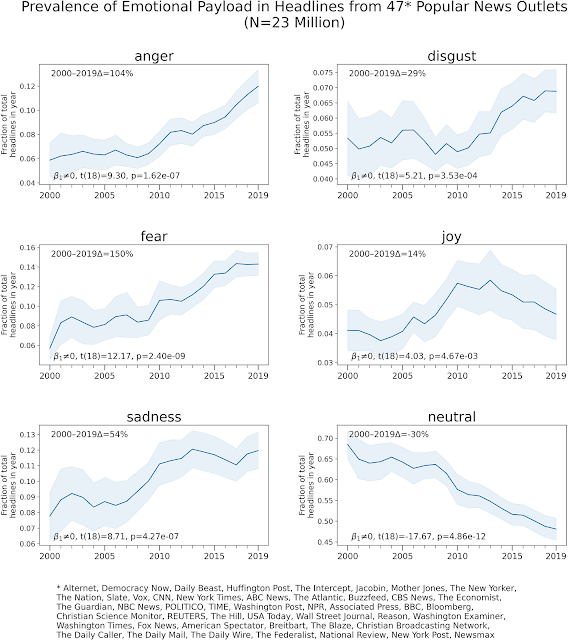Demand for sovereignty
A new threat seems to haunt the European Union,
nationalism. It is spreading all through the continent, from UK to Finland and from Netherlands to Greece Europe but nationalisms
has also spread to the existing countries itself. Some regions have raised for
independence as never before. Catalonia pro-independence
movement has grown hugely in the last years, as it is the case in Scotland
It is pretty
obvious that anti-EU nationalism and the regional pro-independence movements
have the same root, the European economic crisis. Sovereignty conflicts have
been always very linked to the situation of the economy.
Since late XX
century academic research has analysed regionalism and nationalism movements
from the economic perspective. The last paper I know of comes from Nicholas
Sambanis and Branko Milanovic. Branko Milanovic
is well-known economist from the World Bank and an expert on inequality issues. In “Explaining the Demand for Sovereignty” both
authors analyse the roots of sovereignty demand and reach an interesting
conclusion: wealth is the most important factor behind sovereignty demands and not ethnicity.
In their own
words:
“richer regions are more likely to want more autonomy and conflict arises due to a disparity between desired and actual levels of sovereignty."
According to a
previous paper from Buchanan and Faith (1987) the success of a regional
independence movement depends in part on that region’s wealth.
There are, however, other factors:
“positive association between, on the one hand, relative regional income, regional population share, natural resource endowment, and regional inter-personal inequality and, on the other hand, observed sovereignty levels. Ethnically distinct regions have lower sovereignty, but this association is only conditional on controlling for the interactive effects between ethnic distinctiveness and regional inter-personal inequality."
The regression
results and variables used:



Comments